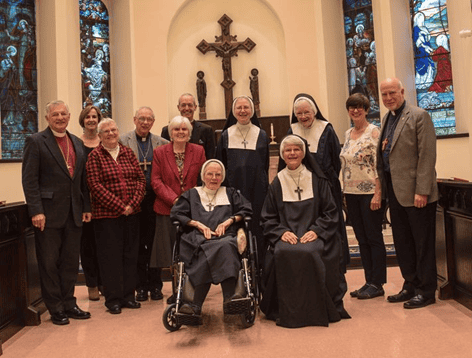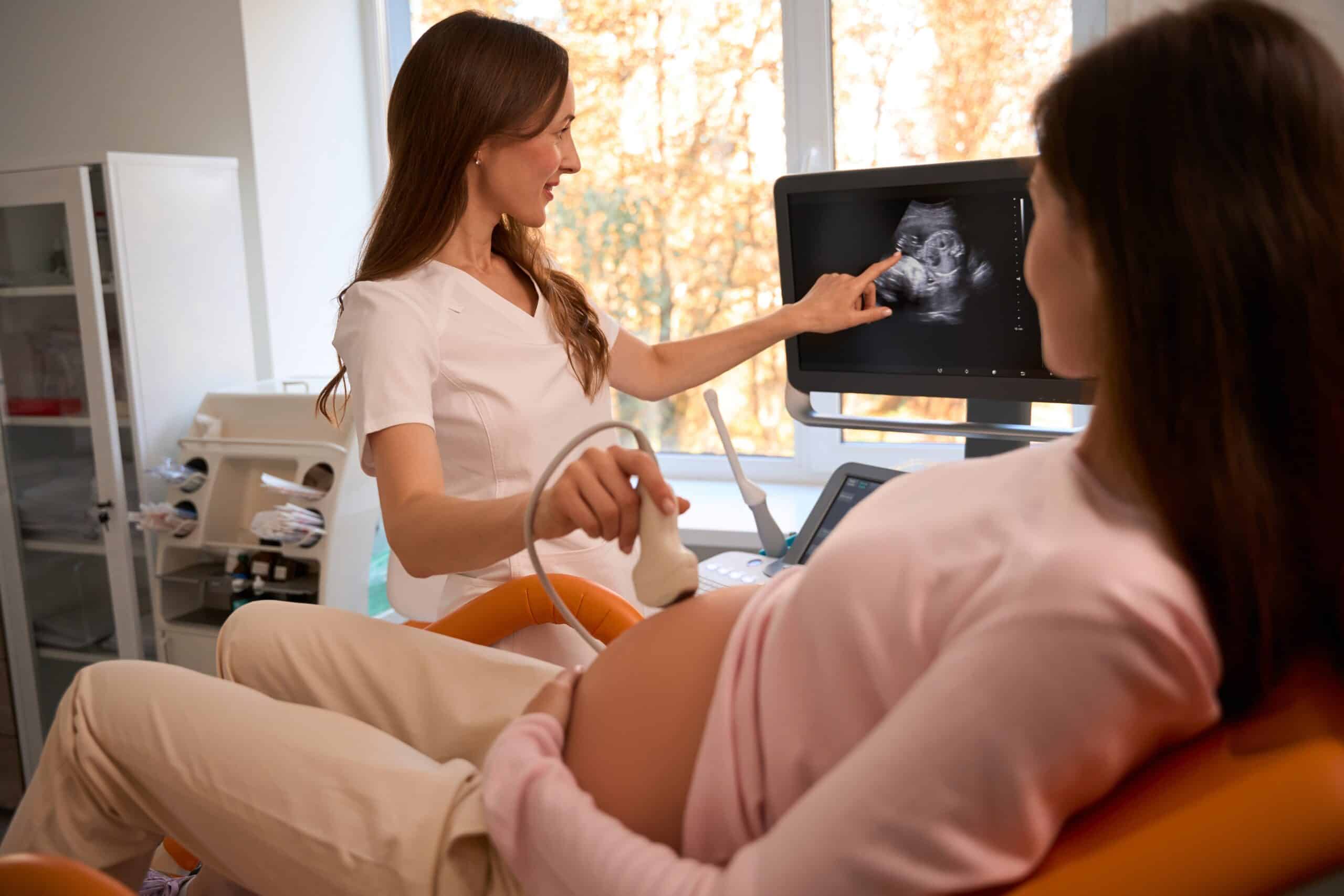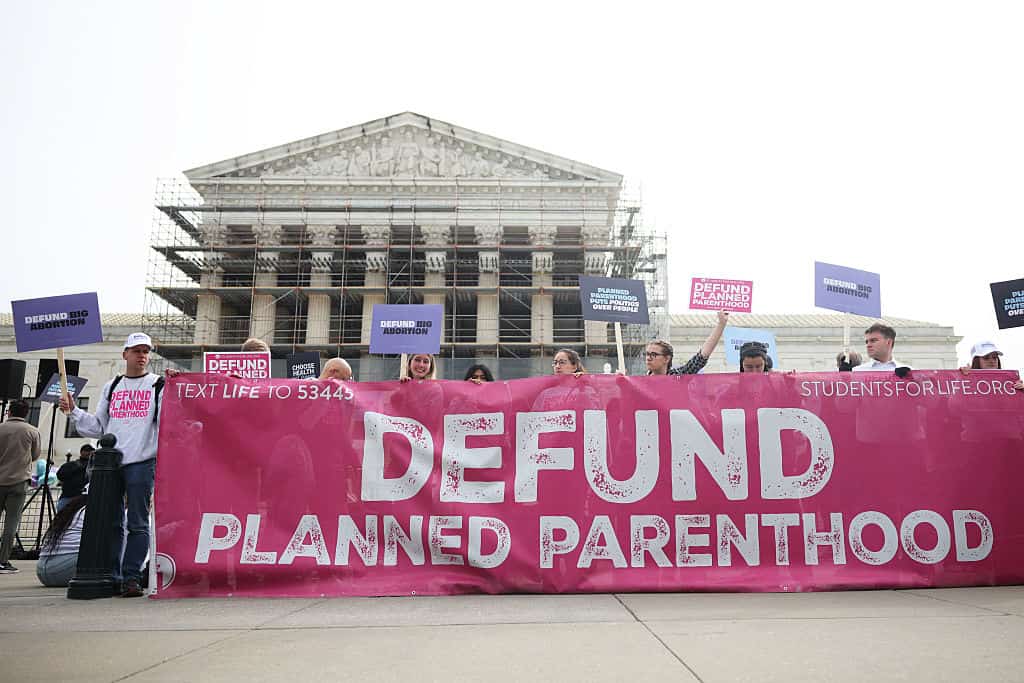Court Strikes Down Mississippi’s Commonsense 15-Week Abortion Ban

On December 13, a federal appeals court blocked Mississippi’s 15-week abortion ban. Pro-life advocates are hoping to get the case to the Supreme Court to challenge Roe v. Wade, but that remains difficult. However, it’s imperative that the court reexamine the faulty and now scientifically outdated ruling.
When it comes to abortion restrictions, 2019 has been a banner year. Heartbeat bills, which limit abortion to the first six weeks of pregnancy, and a total abortion ban have successfully passed in several states throughout the country. But that doesn’t mean the abortion fight is over, especially in the courts. Mississippi is the latest example.
According to Roe v. Wade and Planned Parenthood v. Casey, abortion must remain legal through the point of viability, which is why the court made the decision to block Mississippi’s law.
U.S. Appeals Court Judge Patrick Higginbotham said, “States may regulate abortion procedures prior to viability so long as they do not impose an undue burden on the woman’s right, but they may not ban abortions. … Prohibitions on pre-viability abortions … are unconstitutional regardless of the State’s interests.”
The problem is that viability is an ever-changing target and no longer reflects the scientific reality of life in the womb.
Planned Parenthood, the nation’s largest abortion provider, measures the point of viability at 24 weeks and that’s the standard most of the country uses as well. While it may be true that babies born at 24 weeks have a higher survival rate than a babies born at 22 weeks, it’s still possible for a baby to survive if born at 22 weeks with the proper medical intervention. In one instance, a baby survived after being born at 21 weeks 4 days gestation. Who’s to say that, with advances in medicine, a baby born at 18 or 15 weeks would one day be considered viable?
That’s the fundamental problem with America’s abortion rulings like Roe and Casey, it no longer makes sense when it comes to science.
Life inside the womb is incredible. Babies at 15-weeks, Mississippi’s cut off period, weigh about 2 ½ ounces and are about 4 inches long. Although these preborn babies currently cannot survive outside the womb, inside they’re moving, sucking, urinating, developing their sex organs and basically doing everything he or she can to ready themselves for life outside the womb.
When Roe was originally passed, the scientific evidence about life inside the womb was limited. Ultrasound’s weren’t commonly used until later in the 1970s, likely after Roe passed in 1973. But based on what we know now of life in the womb, Roe no longer makes sense scientifically.
James Ho, a Trump-appointed judge for the Fifth Circuit wrote a separate opinion concurring in the judgement. He wrote, “Nothing in the text or original understanding of the Constitution establishes a right to an abortion. Rather, what distinguishes abortion from other matters of health care policy in America—and uniquely removes abortion policy from the democratic process established by our Founders—is Supreme Court precedent.”
That’s why it is important for the Supreme Court to revisit of abortion policy in the United States. There’s something incredibly wrong with U.S. abortion policy if it has more in-common with North Korea than it does with France. Hopefully, states will continue to pass commonsense pro-life legislation mean to challenge not only the legal precedent of Roe but the science of it as well.
The case is Jackson Women’s Health Organization vs. Thomas Dobbs
ABOUT THE AUTHOR
Brittany Raymer serves as a policy analyst at Focus on the Family, researching and writing about abortion, assisted suicide, bioethics and a variety of other issues involving the sanctity of human life and broader social issues. She regularly contributes articles to The Daily Citizen and has written op-eds published in The Christian Post and The Washington Examiner. Previously, Raymer worked at Samaritan’s Purse in several roles involving research, social media and web content management. While there, she also contributed research for congressional testimonies and assisted with the Ebola crisis response. Raymer earned a bachelor of arts in history at Seattle Pacific University and completed a master’s degree in history at Liberty University in Virginia. She lives in Colorado Springs with her beloved Yorkie-Poo, Pippa.
Related Posts

New York Ends Fight to Force Nuns to Pay for Abortions
January 27, 2026



